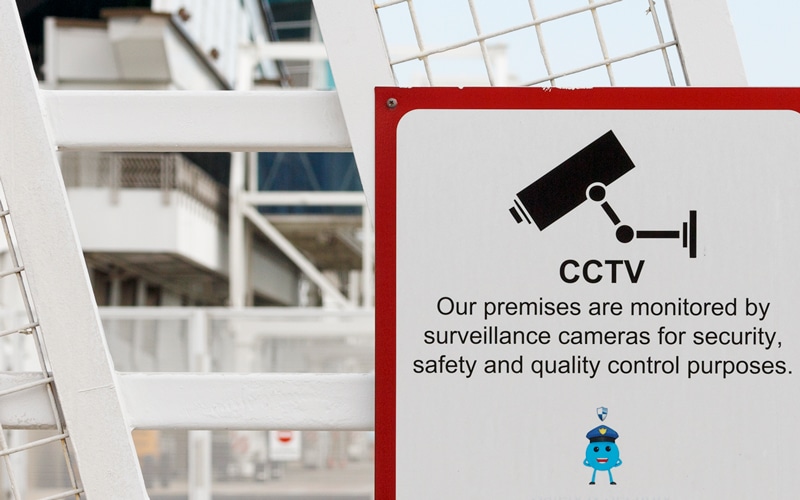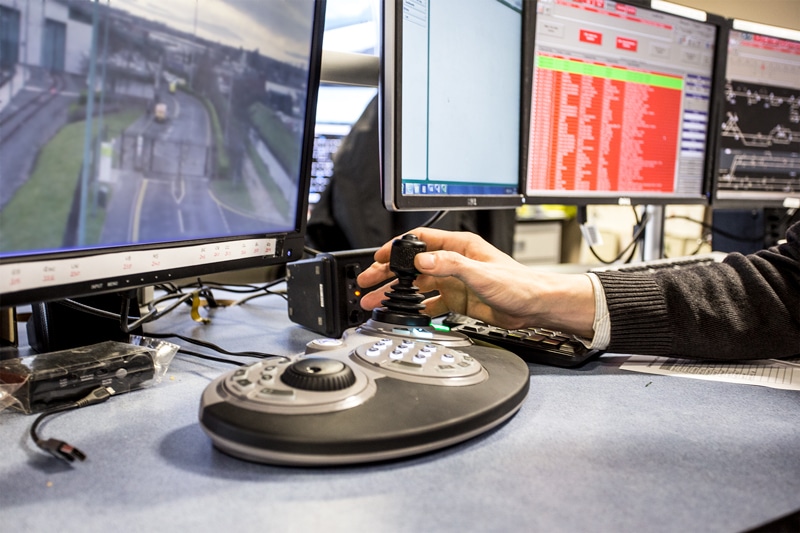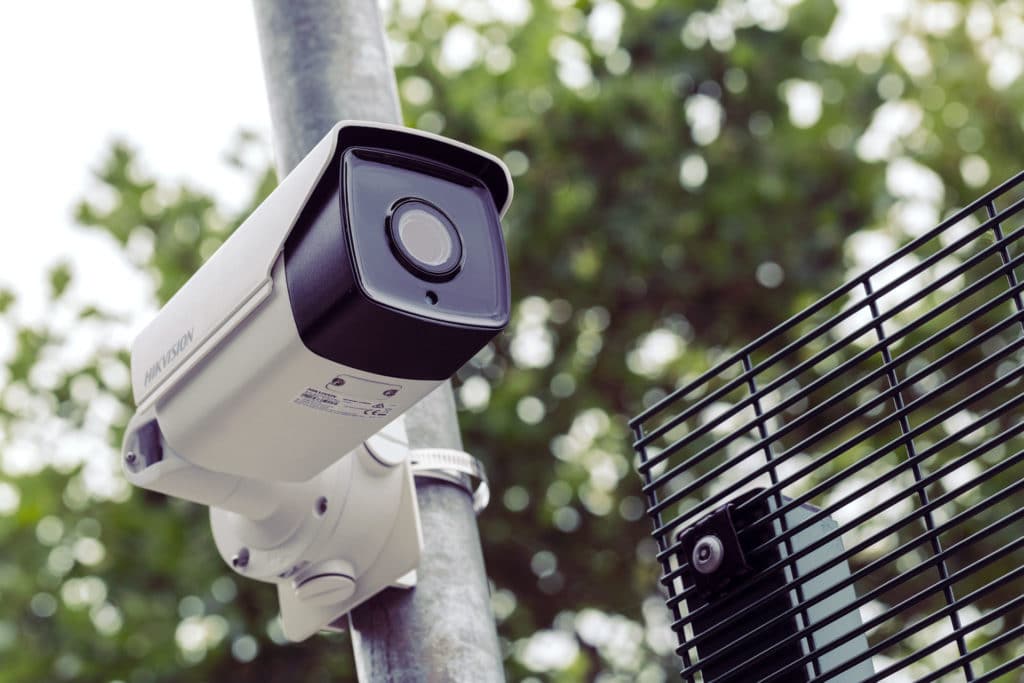Complying with cctv laws and regulation is essential for any business premises which uses surveillance. As a company that’s been operating in the security industry for over a decade, we’ll give you the full run down of what you’ll need to do to comply with cctv laws and regulation.
Put up clear signage
It’s essential that people on your site of surveillance are made aware that they are being recorded. The most effective way to do this is to simply display clear signage that states that CCTV is being used on the premises.
These signs should be erected anywhere on your premises that has surveillance. Most importantly, they should also have your company name and a contact method contact available.

Register with the information commissioner’s office as a CCTV Operator
Any business that intends to install CCTV on site needs to register with the information commission’s office as a CCTV provider. Registering with the ICO may also come with an annual fee, which will vary based on business size/yearly profit etc. Although CCTV contractors aren’t responsible for registering with the ICO, they should give you some guidance and recommendation as to how to do so.

Follow the data protection act
Businesses operating CCTV must follow the data protection act. This includes responsibly handling any recorded CCTV data. If requested (and the footage is still on file), then businesses must provide images and/or video to anyone their CCTV systems have recorded within 1 calendar month. However these need to be treated as private queries, and CCTV can’t be openly distributed to business employees.
Businesses also shouldn’t publicly share data which shows people without their consent. Any businesses operating CCTV must share recorded images/video with authorities when requested. In general, businesses also shouldn’t have footage on file than longer than is required, with many having a standard 31 day retention for non-vital footage and images. So if your business is using CCTV for recording then you’ll need to ensure you adhere to these policies.
CCTV using wireless communications should also ensure that these connections are fully encrypted so that data can’t be interfered with. Recorded data should also be stored on a secure network or device which requires user authentication such as a username/password combination.
Although footage should be promptly provided to authorities and recorded employees when requested, footage should not be provided on non-protected external devices, as doing so compromises the security of the footage in the case of theft. This is exactly what happened twice with Manchester Police, who were fined £150,000 on two separate occasions for the theft of an unencrypted USB Drive and the loss of an unencrypted CD, both which had highly private data on.
Businesses providing data in response to authorised requests should only use highly secure methods, such as digital transfers which are username and password protected, or face to face transfers involving highly encrypted and secure devices.

Have a clear rationale and policy
To comply with cctv laws and regulation, businesses using a CCTV system must have a clear rationale for why CCTV is required. This includes specific rationals for why CCTV is required in each different area of their facility. and a clearly stated purpose for their use of CCTV.
Clear CCTV rules and policies should also be created at businesses using CCTV on their premises. This should include the appointing of a person responsible for handling/monitoring CCTV data and a person that people can raise CCTV queries and complaints with.
CCTV policies should also be regularly reviewed to see if different protocols are being followed correctly when it comes to data protection and incident management. These policy checks should be documented by businesses as proof that they’ve taken place.

Although all cctv laws and regulation responsibilities fall onto the business itself, experienced CCTV suppliers should advise with all, if not most of them. We take pride in not just installing high end and reliable CCTV systems for our clients, but also guiding them through all regulations that they’ll need to comply with to maintain a legally abiding CCTV system. So if you need a complete CCTV installation service with expert support from start to finish then get it touch. Alternatively take a look at our latest CCTV installation project for client Refresco.
[case_study]
[contact_cta]



